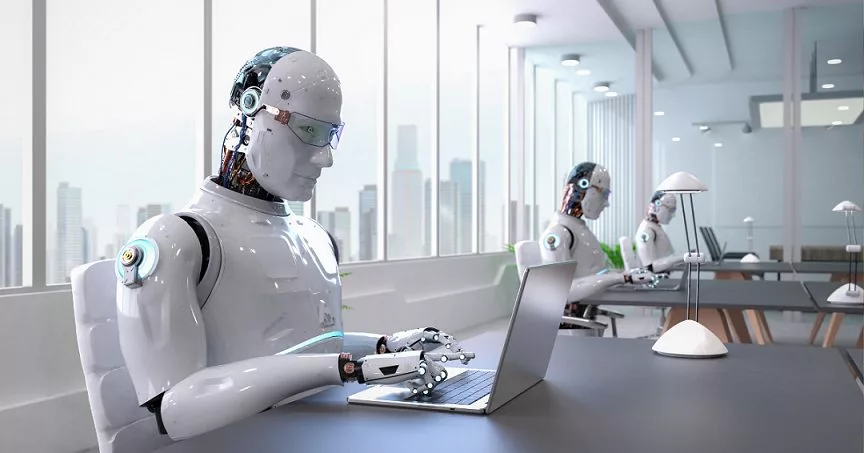The ‘AI as an Employee’ trend is reshaping how we view AI agents’ role in the workplace. As AI agents emerge, AI-as-an-Employee could become the new Software-as-a-Service.
Your next work colleague might be an AI application. For example, Devin could be the next software engineer that your company hires.
This innovative approach involves designing AI with specific responsibilities in mind, akin to roles traditionally filled by employees.
Here are some startups that creating AI ’employees’
1. Software Engineers: Cognition and Magic are crafting code and managing projects with precision, with over $21M and $145M in funding, respectively.
2. Data Scientists and Analysts: TextQL and Fluent delve into data with an analytical prowess, harnessing $4.1M and $7.5M in funding.
3. Customer Support: Sierra and Rasa are redefining user engagement and satisfaction, with impressive backing of $110M and $70M.
But we *have to* talk about Devin in particular.
‘Devin’ by Cognition AI emerges as a fully autonomous AI software engineer, representing a new frontier in AI-assisted development. Here’s a closer look at Devin:
1. End-to-End Project Handling: Devin’s autonomy goes beyond assistance; it takes on entire development projects from inception to execution.
2. Advanced Task Execution: Equipped with developer tools, Devin writes and debugs code, conducts testing, and provides real-time progress updates.
3. Interactive Interface: Through a chatbot-style interface, users can input natural language commands and monitor Devin’s workflow, intervening when necessary.
4. Sophisticated Learning Ability: Devin can learn new technologies from research repositories or blog posts and apply them to relevant tasks.
4. Benchmark Performance: In the SWE-bench test, Devin independently resolved 13.86% of issues, showcasing its superior problem-solving capabilities compared to other AI models.
4. As AI continues to evolve, it presents an opportunity to harness a workforce that doesn’t sleep, doesn’t tire, and is ever-learning.
As ‘Devin’ and its counterparts mature, businesses must prepare to integrate these AI employees into their ecosystems, transforming the way we work and innovate.
What are your thoughts on ‘AI as an Employee’?
#generativeai #EnterpriseAI #AIasAnEmployee #CognitionAI #FutureOfWork

